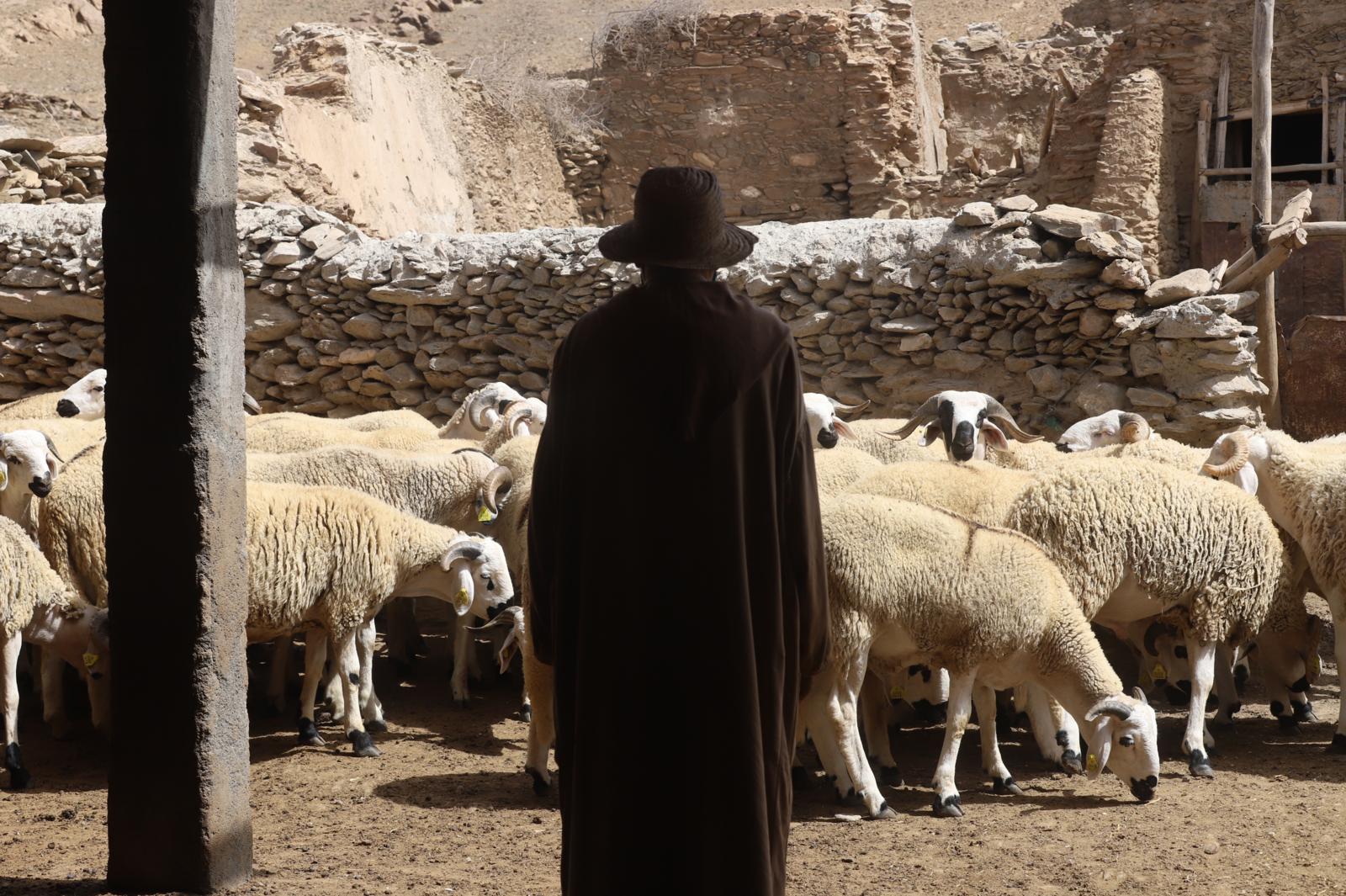Livestock and Commodity Imports Case
Par El Mostapha BAHRI, Consultant Economist
A failing subsidy system
Subsidy management in Morocco poses recurring problems. The subsidy system, established since the 1930s, aims to offer significant advantages in terms of accessibility and economic support. However, its implementation is often inefficient and suffers from many shortcomings. Rigorous management and regular evaluation are necessary to minimize the disadvantages and maximize the benefits for society as a whole. Unfortunately, the eighty years of subsidy management in Morocco have not allowed the establishment of a transparent and inviolable system. This subsidy management system had to be designed to ensure that funds allocated to specific beneficiaries cannot be diverted or misused. A type of system that must be based on principles and mechanisms to ensure its integrity and effectiveness.
Case of livestock imports
The importation of livestock to meet the high demand during the Eid Al Adha holiday did not yield the expected results. Consumers continued to complain about the high cost of sheep during the holiday and the high prices of meat after the holiday. These high prices dampened demand, negatively impacting the activity of butchers. The increase in the prices of chicken and eggs also deprived many low-income families of essential sources of protein, which could lead to serious consequences for their health; knowing that food security, which is a government responsibility, allows all citizens to have access, at all times, to a sufficient, safe and nutritious quantity of food to lead an active and healthy life.
National soft wheat flour: Another problem
False declarations of quantities also concern other subsidized products, such as national soft wheat flour. Managed by the National Interprofessional Office of Cereals and Legumes (ONICL), this flour is intended for low-income households. However, fraud occurs, with some mills declaring fictitious productions to benefit from the subsidy without producing the flour. The administration’s reports have already highlighted the inefficiency of existing compensation systems and proposed new methods for managing this commodity.
Butane gas and sugar: massive subsidies
Butane gas, whose national consumption exceeds 2 million tons per year, is mainly imported. The subsidy for this product costs between 14 and 15 billion dirhams per year. The compensation fund intervenes at several stages of the sector to regulate the costs of importation, storage, transport and distribution.
Sugar, with a national consumption of more than one million tons per year, is subsidized to the tune of 2,847.27 dirhams per ton. Local production covers 40% of needs, the rest being met by the refining of imported raw sugar. The annual subsidy varies between 3.2 billion and 5 billion dirhams.
Crucial questions remain unanswered
To ensure effective grant management, several questions remain:
- What control system is in place to verify the quantities placed on the market?
- How many checks are carried out each year?
- Do the supervisory administrations publish annual reports on control operations and market supply?
- What is the impact of the latest increase in gas bottle prices on other alternative energy products and illegal logging?
An effective grant system must be based on transparency, security, oversight, accountability and stakeholder participation. These elements help create an environment where grants are distributed and used with integrity, minimizing the risks of fraud and misuse.
#Free #Tribune #Subsidy #Management #Morocco #Challenges
– 2024-08-09 12:23:12


